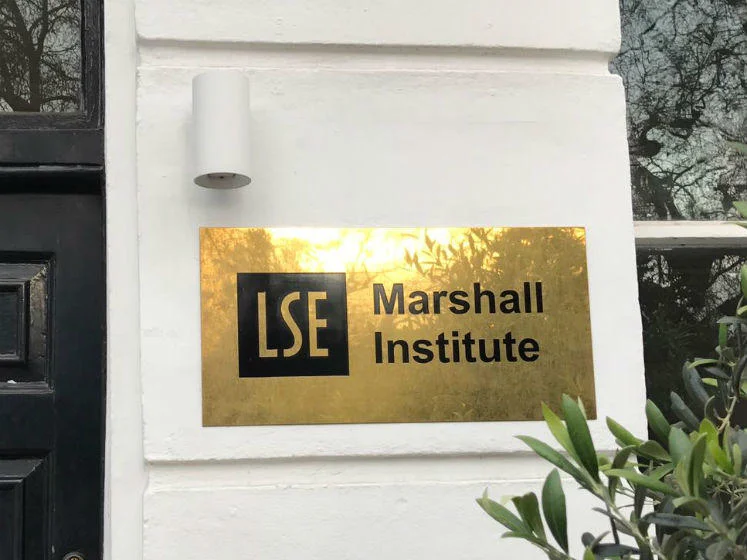LSE announces UK's first MBA-style programme with social purpose at its heart

The Executive MSc in Social Business and Entrepreneurship is the London School of Economics and Political Science’s (LSE) new ground-breaking programme integrating social purpose and social impact with the highest level of business and management training.
Created by LSE’s Marshall Institute and Department of Management, the programme puts social purpose at the heart of executive business education, making it a compelling alternative to an MBA.
The programme provides students with analytical and practical skills to create and lead organisations that have a double or triple bottom line: profit, social impact and environmental sustainability. It is delivered in a modular format allowing students to work full-time and apply the learning in their current role.
The programme, which starts in September 2018, will be led by Stephan Chambers, Director of the Marshall Institute. Professor Chambers joined LSE in May 2016 from Oxford University where he served as Director of the University’s MBA programme, overseeing its rise in international influence and rankings.
Commenting on the new programme, Professor Chambers said: "LSE’s academically rigorous, social science-focused teaching is unique in comparison with traditional business schools. Students are taught to think critically about problems, and really understand the root causes of complex issues in the world. This approach increases the practical value students will gain from the programme: they will graduate with the ability to find effective entrepreneurial solutions to complex challenges, including the most pressing problems in the world today."
While several leading business schools offer MBA programmes with optional socially-focused elements, they do not place social values and goals at the heart of education in organisational development and leadership. The Executive MSc Social Business and Entrepreneurship addresses the need for an MBA-style programme to fill this space.
The programme, which is open for applications, is designed for students who wish to combine business rigour and entrepreneurialism with a commitment to public benefit or those who wish to bring social purpose to business. It includes modules on a range of areas including altruistic leadership, social entrepreneurship and the hybrid economy.
Dr Connson Locke, who will be teaching the leadership module of the programme, said: "In the past, leaders were trained to define success in an organisation-centric way, focusing on profits and customers. Today, leaders understand that ‘no organisation is an island’ and the definition of success must include sustainability and social impact. This programme is designed to help socially conscious leaders build their skills – to help them maximise social impact and create sustainable change."